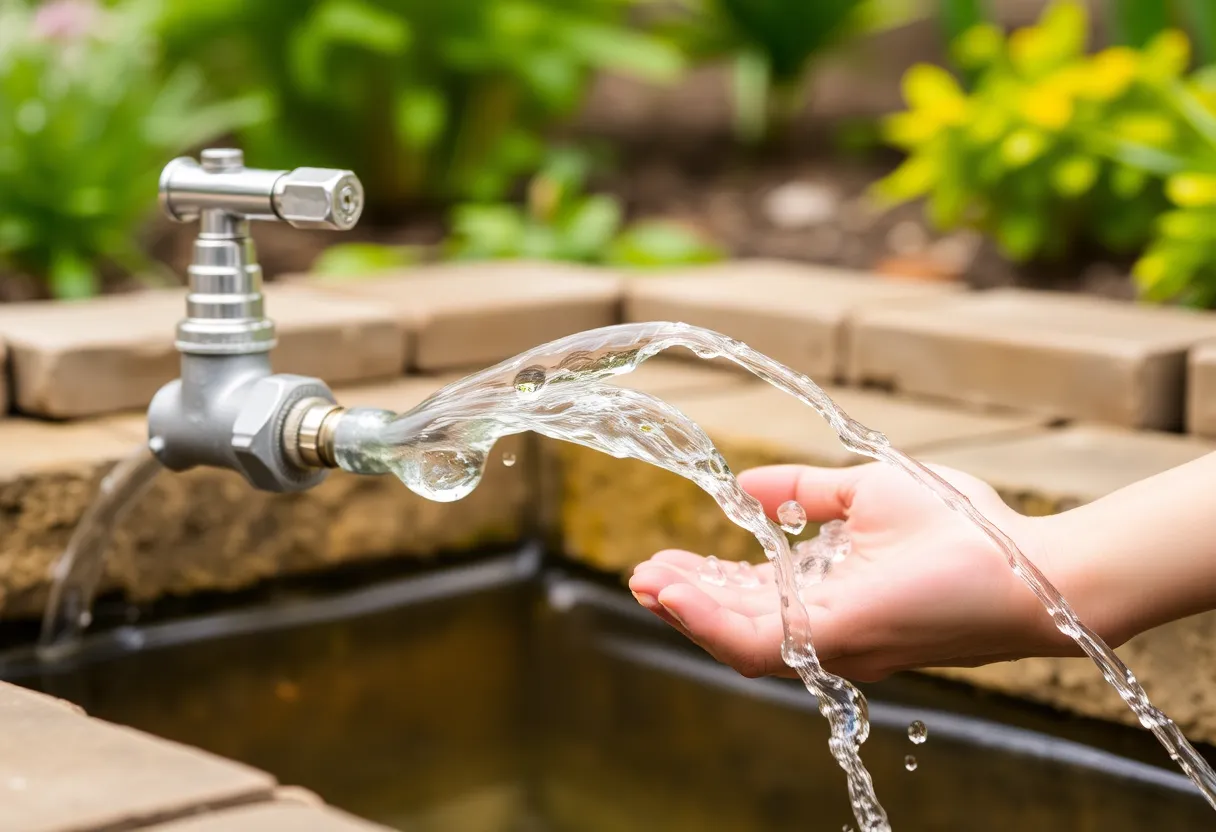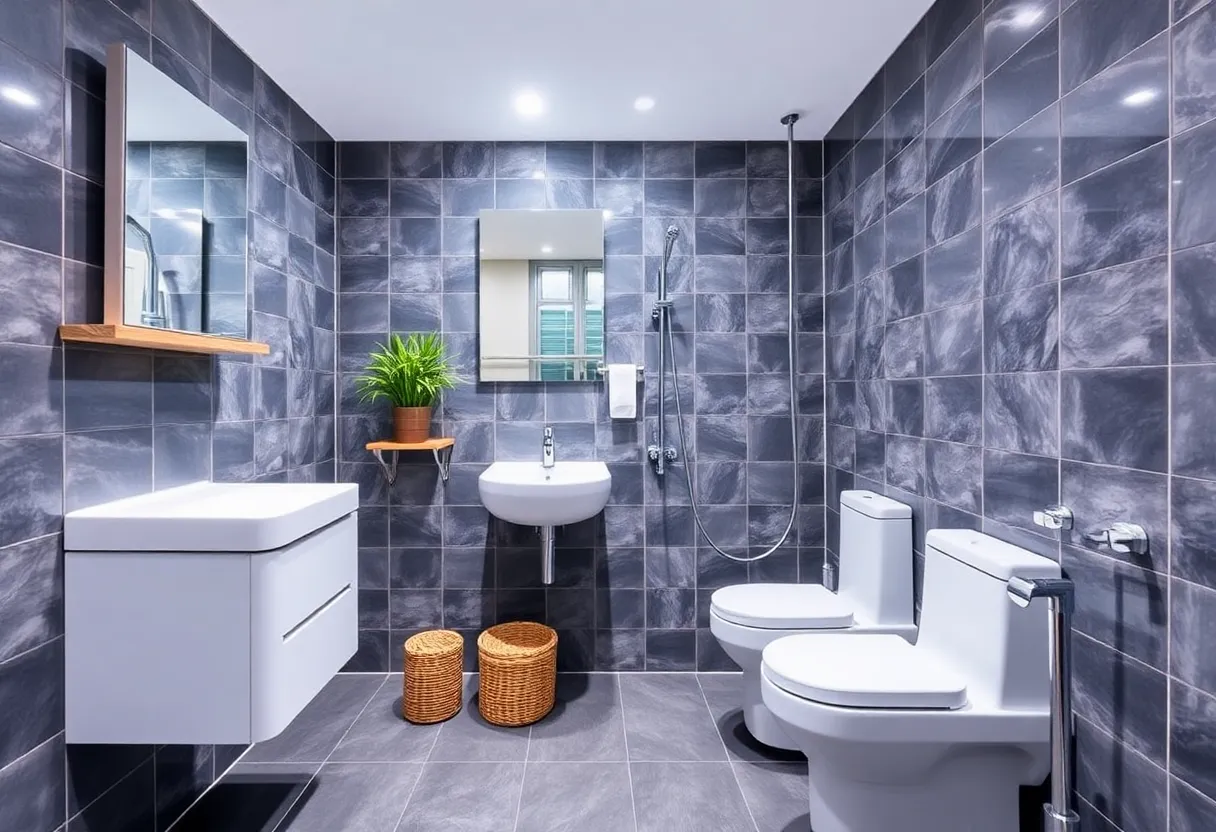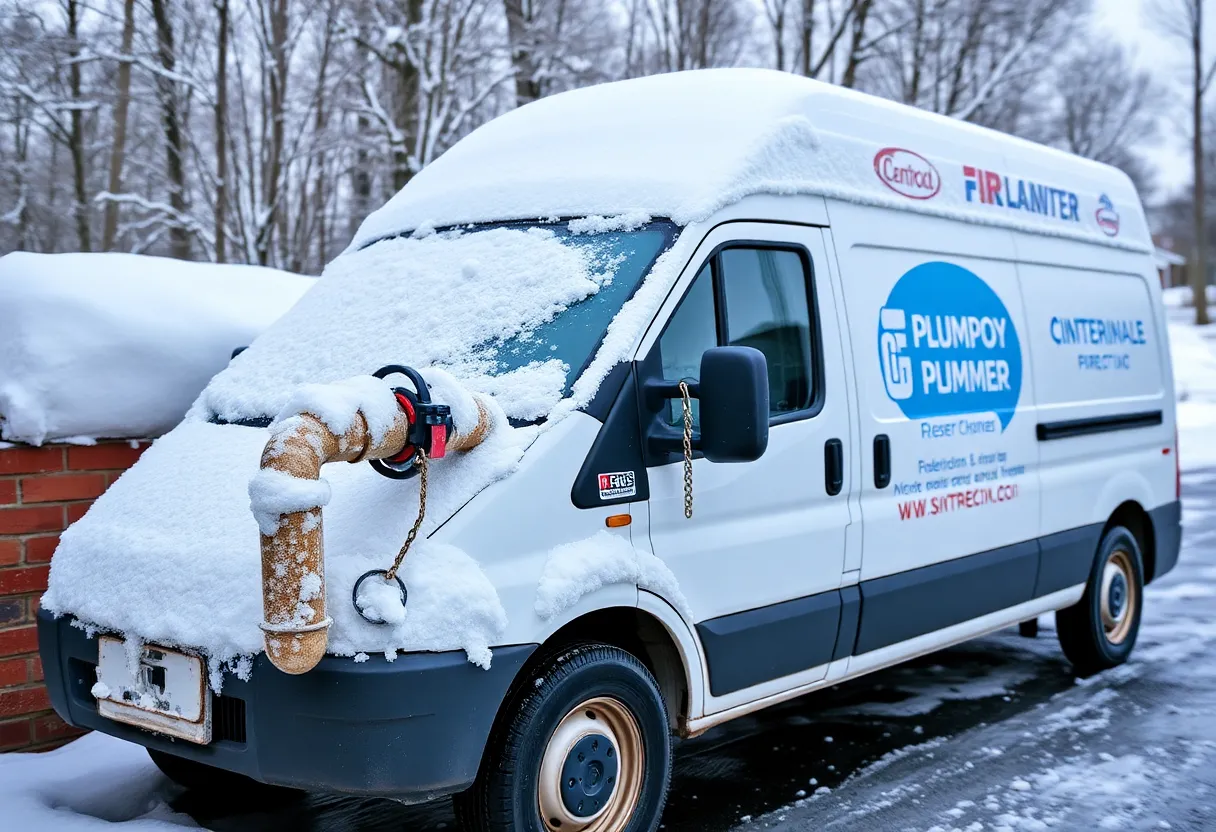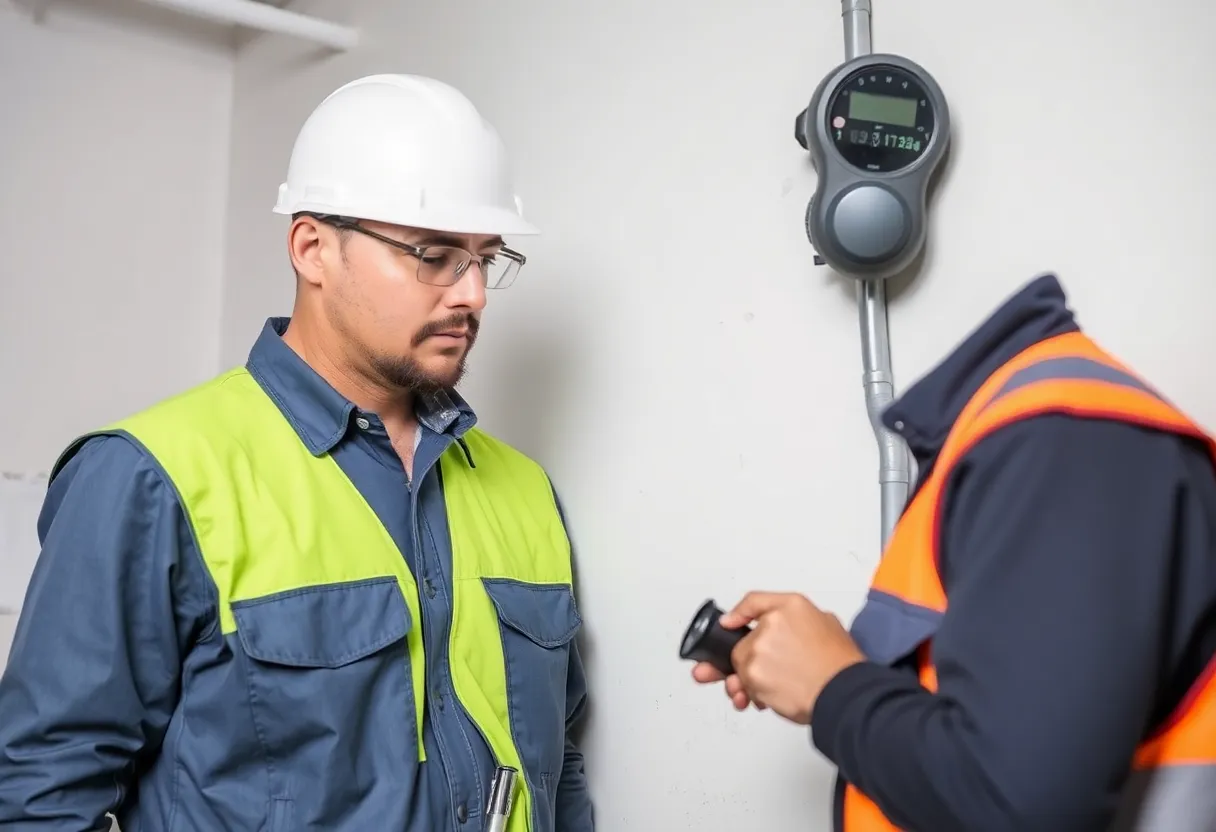The Plumbing Clarity: 8 Essential Tips to Mastering Your Home’s Water Flow Efficiency
In a world where water scarcity is an increasing concern, achieving optimal water flow efficiency within your home is paramount. Not only does this practice conserve precious resources, but it also helps reduce your water bills and prevents plumbing issues down the line. In this article, we will explore eight essential tips that will enhance your home’s water flow efficiency, ensuring that your plumbing system works smoothly and effectively.
Understanding Water Flow Efficiency
Before delving into practical tips, it is vital to understand what water flow efficiency entails. Water flow efficiency refers to the optimal movement of water through your plumbing system, ensuring that it meets the demands of your household without any waste or excessive pressure. Achieving this involves managing various aspects of your plumbing, including fixtures, appliances, and overall system design.
The Importance of Water Flow Efficiency
Improving your home’s water flow efficiency can have several benefits, including:
- Reduced Water Bills: An efficient system minimizes waste, leading to lower utility costs.
- Environmental Impact: Conserving water helps reduce the strain on local water supplies.
- Extended Fixture Life: Proper water flow can prevent wear and tear on plumbing fixtures and appliances.
- Improved Comfort: Consistent water pressure enhances comfort levels in your home.
1. Conduct Regular Inspections
To maintain efficiency, conducting regular inspections of your plumbing system is essential. Look for leaks, corrosion, and signs of wear. Even small leaks can significantly contribute to wasted water and inflated bills.
What to Inspect
- Faucets and Showerheads: Inspect for drips or leaks.
- Pipes: Look for signs of rust, corrosion, or moisture around joints.
- Toilets: Check for running water or faulty flappers.
By addressing problems early on, you can prevent major repairs and inefficiencies.
2. Upgrade to Water-Efficient Fixtures
Installing water-efficient fixtures can significantly reduce water consumption without sacrificing performance. Look for the WaterSense label, which indicates that a product meets the Environmental Protection Agency’s (EPA) efficiency criteria.
Recommended Upgrades
- Low-Flow Showerheads: Reduce water usage by 30% or more while maintaining a satisfying shower experience.
- Dual-Flush Toilets: Offer two flush options to optimize water usage.
- Faucet Aerators: Can be installed easily and reduce flow rates without compromising pressure.
These simple upgrades can lead to substantial water savings in your household.
3. Optimize Appliance Use
Your water-using appliances should be operated efficiently for the best performance. Appliances like washing machines and dishwashers that are not used wisely can lead to excess water use.
Best Practices for Appliances
- Load Capacity: Only run appliances when they are full.
- ECO Modes: Use energy-saving modes, often designed to use less water.
- Regular Maintenance: Keep appliances in good working order to ensure they operate efficiently.
By optimizing your appliance use, you can enhance your home’s overall water efficiency.
4. Monitor Your Water Meter
Keeping an eye on your water meter can provide valuable insights into your water usage patterns. This practice can help identify leaks or issues in your plumbing system.
How to Monitor Your Meter
Follow these steps to keep track:
- Record the current meter reading.
- Wait for a period (a day or two) without using water.
- Check the meter again to see if the reading has changed.
If you notice a change with no water usage, it’s time to investigate for leaks.
5. Check Water Pressure
High water pressure can lead to increased wear on your plumbing system and excessive water usage. Ensuring that your home’s water pressure is within the optimal range can improve efficiency.
Testing Water Pressure
You can test your water pressure using a pressure gauge that can be bought at a hardware store. The ideal water pressure for homes usually falls between 40 to 60 PSI.
Reducing High Water Pressure
- Pressure Regulator: Install a pressure regulating valve to control fluctuations.
- Adjusting the Well Pump: For those with wells, adjusting the settings can help.
Managing your home’s water pressure can lead to smoother flow and less strain on fixtures.
6. Insulate Pipes
Insulating pipes is a simple yet effective way to prevent heat loss in hot water lines and condensation in cold lines. This action not only improves water flow but also reduces energy costs.
Benefits of Pipe Insulation
- Faster Hot Water Access: Reduces wait times for hot water.
- Condensation Prevention: Minimizes moisture build-up.
- Energy Efficiency: Keeps water heated longer, reducing energy consumption.
7. Landscape with Water Efficiency in Mind
Your outdoor water usage also affects overall water flow efficiency. Landscaping choices can contribute significantly to water conservation.
Water-Saving Landscaping Tips
- Drought-Resistant Plants: Use native and drought-tolerant plants that require less water.
- Drip Irrigation: Consider installing a drip irrigation system, which efficiently directs water to plant roots.
- Mulching: Create barriers around plants to retain moisture in the soil.
By modifying your landscaping approach, you can further enhance your home’s water flow efficiency.
8. Engage Professional Help When Needed
While many DIY measures can improve water flow efficiency, some situations require the expertise of a professional plumber. Understanding when to seek help can save time, effort, and potential damage.
When to Call a Professional
- Major Leaks: If you discover a significant leak, a plumber can quickly identify and repair the issue.
- Backflow Issues: Signs of backflow can indicate serious plumbing problems that need professional attention.
- Renovations: If you plan to remodel, consulting a plumber can help with efficient installation.
Involving a professional can enhance your chances of achieving optimal water flow and efficiency.
Conclusion
Improving your home’s water flow efficiency is not just beneficial; it is essential in today’s water-conscious world. By following these eight essential tips, you can conserve water, save money, and extend the life of your plumbing system. Regular inspections, efficient fixtures, thoughtful appliance management, monitoring your water meter, checking water pressure, insulating pipes, landscape changes, and knowing when to consult professionals, all contribute to achieving a well-functioning plumbing system.
Implementing these practices will not only make a positive impact on your household but also contribute to healthier water resources in your community.









